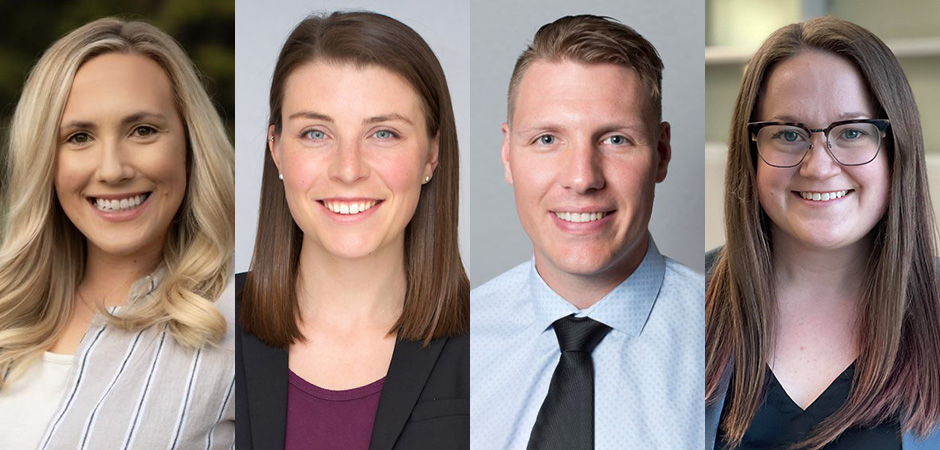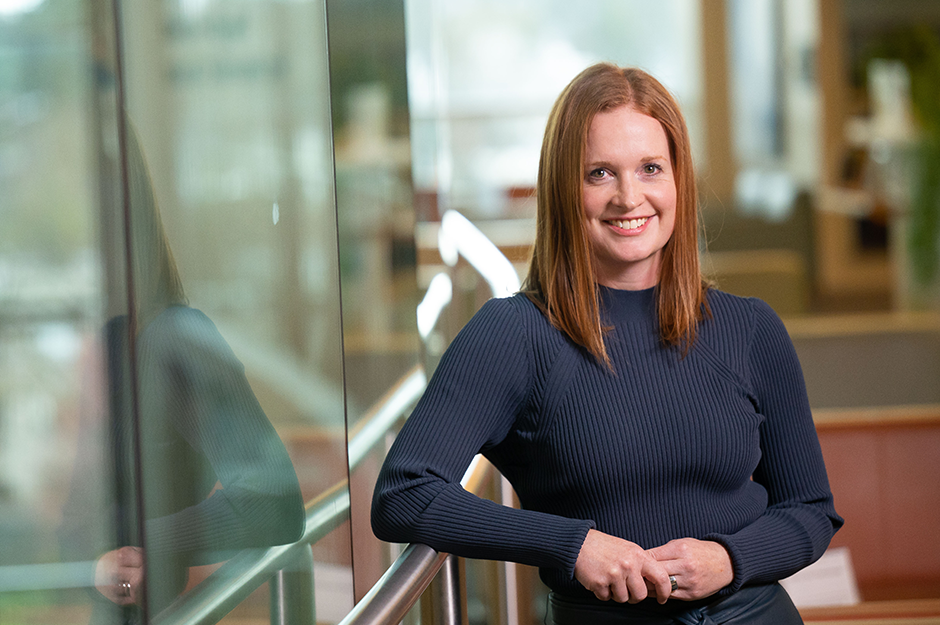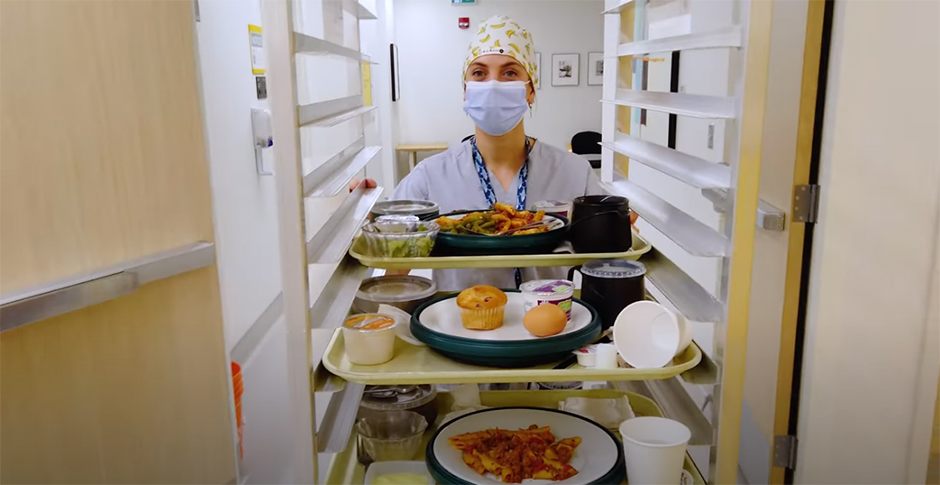Making medical practices greener
A team of UBC family practice resident doctors have made it their mission to help physicians reduce their carbon footprint. Here’s how.

From aging hospital buildings to biomedical waste to single-use products like gloves and gowns, the healthcare sector accounts for an estimated 4.6 per cent of Canada’s total greenhouse gas emissions. And while the federal and provincial governments have made lower-emission healthcare a priority, a growing number of doctors are taking action to reduce their individual carbon footprint.
Here at UBC, a team of family medicine resident doctors (residents) in Kelowna have created a planetary health workshop to educate and inspire their peers to do just that.
We asked the team behind the workshop — which includes Drs. Mackenzie Moleski, Joanna Ritson, P.J. Retief and Alaina Terpstra — about climate crisis, their best tips for greener practices, and the role physicians can play as difference-makers.
What is the goal of the workshop, and how did it come about?
It started as a Resident Scholar Project, which every family medicine resident completes in their second year at UBC. Building on guidelines created by the College of Family Physicians of Canada, we wanted to create a useful and engaging training module that would encourage family medicine residents to think, in practical terms, about the link between planetary and human health — and the ways they can become more sustainable physicians and agents of change.
What can doctors do to lead a greener practice?
There are simple, tangible changes we can make to our clinics and office spaces, like installing energy-efficient LED lights and low-flow toilets and taps, switching from paper to electronic files, and investing in reusable devices instead of single-use plastics.
Then there are other, less obvious but equally important ways doctors can make a difference. One way is being mindful of our prescribing patterns. For example, metered-dose asthma inhalers have high levels of hydrofluorocarbons that act like potent greenhouse gases when released into the atmosphere. Greener alternatives such as dry powder or soft mist inhalers can be just as effective — and have a smaller carbon footprint.
Doctors are in a unique position not only to provide greener healthcare and advocate for it, but to help people adopt healthy, sustainable lifestyles.
It’s also important to understand how our practice contributes to transportation pollution. Patients will typically drive or take transit to see their doctors and then travel to and from hospitals and clinics for further testing, such as blood tests and x-rays. By reducing unnecessary tests and offering virtual appointments when possible, we’re not only reducing our practice’s carbon footprint — we are also making the process more convenient and cost-effective for our patients.
What about helping patients to adopt more sustainable lifestyles?
That’s right, educating patients on the health benefits of sustainable living is also paramount. Research shows that Canadians are more likely to change their behaviour to benefit the planet if they know it may also benefit their health.
You would be surprised at how often doctors can bring this topic up during their patient visits — from discussing the co-benefits of a planetary-friendly diet for people living with diabetes; to encouraging people to cycle or walk to work to prevent disease and reduce emissions; to reminding patients to bring unused medication back to the pharmacy to reduce biomedical waste.
There are so many ways that family doctors can provide excellent care for their patients, while also extending that care to the environment.
Why is this workshop important?
Ultimately, our health can’t be separated from the health of the environment. We see this right here in B.C. — for example, the physical and psychological impacts of wildfires — and we see this around the world.
Doctors are seen as trusted professionals in their community. They are in a unique position not only to provide greener healthcare and advocate for it, but to help people adopt healthy, sustainable lifestyles. We want to make sure doctors have the tools they need to tackle the impact of climate change on human and planetary health.
We designed the workshop in such a way that can be passed on from one cohort of residents to the next. Every year, each cohort can refine the workshop and teach it to their peers and colleagues. We also made the project flexible so it can be easily adapted and used in other residency programs or for practicing physicians.
Never miss an issue of Pathways
Pathways — the UBC Faculty of Medicine’s digital magazine — features stories about cutting-edge health education, breakthrough research, and biomedical innovations that are making a difference in British Columbia and around the world. Discover the impact of our people and programs.





